- Rs. 10 crore for Tamil Classical Centre; Rs. 1.60 crore for Kannada Centre
- 90 research books in Tamil; only 8 books come from Kannada Classical Centre
By Bapu Lingaraj Urs
Mysore/Mysuru: The history of Kannada, one of India’s ancient languages, dates back to over 2,000 years. Recognising its historical significance, Kannada has been accorded Classical Language status to actively promote linguistic research. However, even 15 years after the establishment of the Centre of Excellence for Studies in Classical Kannada (CESCK) in Karnataka, the institute has not yet received autonomous status.
The CESCK was sanctioned in 2011 at the Central Institute of Indian Languages (CIIL) in Mysuru, but the facility is struggling to have a building of its own. CESCK was sanctioned three years after Kannada was accorded Classical Language status.
Activists have criticised the delay in granting autonomous status to CESCK, which has moved from one location to another. They point out the example of its Tamil counterpart, which has flourished. Despite demands from various language groups to make CESCK fully operational, successive Governments have been sluggish in providing funds.
Currently, CESCK is functioning at National Centre for History of Science (NCHS), which is housed in the old Tahsildar Office building in Manasagangothri campus opposite defunct Premier Studio, Hunsur Road.
Plans to establish CESCK inside the Jayalakshmi Vilas Mansion, Manasagangothri, have not materialised, despite signing a Memorandum of Understanding (MoU) between the Department of Kannada and Culture and the University of Mysore.
India boasts over 1,500 languages, with 457 main languages. Of these, 270 are identified as mother tongues, with 22 languages included in the 8th Schedule of the Constitution, including Kannada. Kannada, with its ancient history as part of the Dravidian language family, holds a unique position, boasting a history of 2,000 years within the Dravidian language group.
On Oct. 31, 2008, the Central Government granted Classical Language status to Kannada after a prolonged struggle spanning over seven years. Although the recognition fulfilled the aspirations of Kannadigas after a decade-long battle, academic and research activities began only after 2015.
This initiative launched by CIIL, has been ongoing for the past eight years. Despite the achievements, there remains a concern regarding the anticipated level of accomplishment.
On Oct. 12, 2004, the Centre granted Classical Language status to the Tamil language and autonomy was granted after one year. This recognition was accorded to Tamil even before Kannada received its Classical Language status.
However, after Tamil received Classical Language status, significant research, study, institutional development, printing of books, establishment of libraries and collection of manuscripts related to the language have been undertaken.
When compared to the research achievements and publications in Tamil, the achievements in Kannada are only at 30 percent. While the Tamil Classical language gets an annual grant of Rs. 10 crore for the study and research of the Tamil language, Kannada gets Rs. 1.60 crore. Only 8 books have been published in Kannada compared to 90 research books in Tamil.
Moreover, due to autonomy, Tamil has been independently progressing in various activities. The institution responsible for the high status of Tamil classical language has a well-equipped, internationally acclaimed building. Despite 15 years passing, Kannada’s situation of not having a permanent building of its own continues to be a cause for concern. The question remains whether granting autonomy to Kannada is possible given the circumstances.
The fervour for Kannada struggle, evident from Bidar to Chamarajanagar during the unification of Karnataka, seems to have been forgotten by representatives and officials. Though they speak passionately about Kannada, the question of justice for Kannada remains unanswered. The lack of enthusiasm and willingness from both the Central and State Governments is a significant reason for these lapses.
Lack of autonomy and funding are main concerns: Director
Thoughts, plans and commitment have been the driving force behind our endeavours. However, the lack of autonomy and insufficient funding pose significant challenges. Despite these obstacles, Prof. N.M. Talwar, Director, Centre of Excellence for Studies in Classical Kannada (CESCK), highlighted the institute’s dedication to research and continuous scholarly work, leveraging available government funding.
Within the framework of study and research, the Centre has devised various programmes. Prof. Talwar outlined plans for delving into the study of ancient Kannada poetry, Kannada epigraphy, hand-copy studies and awareness programmes.
The institute has actively sought to broaden its reach by organising international seminars on diverse topics. Additionally, preparations are in progress for the release of eight books as part of promotional activities. A notable initiative includes establishment of a manuscript library dedicated to the ancient texts of Pampa’s Poetry. Prof. Talwar further disclosed efforts to collect unpublished inscriptions and artefacts in locations such as H.D. Kote and Virajpet. These initiatives reflect the Centre’s commitment to preserving and promoting Kannada cultural heritage.
‘CIIL wants complete control and no one has opposed it’
We presented a proposal subsequent to an in-depth examination of the operations of the Classical Centre for the Tamil language in Chennai. Accompanied by K.R. Ramakrishna, the Commissioner of the Department of Kannada and Culture, visited the centre. Additionally, we compiled and submitted a comprehensive report to the Government outlining the envisioned progress in the study and research of the Kannada language and culture for the next decade. Unfortunately, our appeal was overlooked.” The CIIL in Mysuru has complete control over the CESCK and regrettably, there has been minimal opposition to this proposal. The Director of the Oriental Research Institute, where the collection of Kannada manuscripts is housed, has not executed proper planning for the work. As of now, no corrective actions have been implemented.” — Dr. Pradhan Gurudatta, litterateur
Autonomy will fund and foster independent research initiatives
The absence of autonomy for CESCK is a cause for concern, and the anticipated level of study in Classical Kannada has not been realised. Numerous factors contribute to the absence of autonomy, with several aspects remaining unfulfilled.”
“Tamil has successfully attained autonomy for its classical language, empowering Tamil scholars to work independently. In a similar vein, Kannada should actively pursue autonomy. This would facilitate increased funding, fostering independent research initiatives. Additionally, lack of stability in appointing scholars for research is a concern. It is inaccurate to assert that no research activities have taken place, although they have not yet reached the anticipated level.” — Prof. Aravinda Malagatti, litterateur



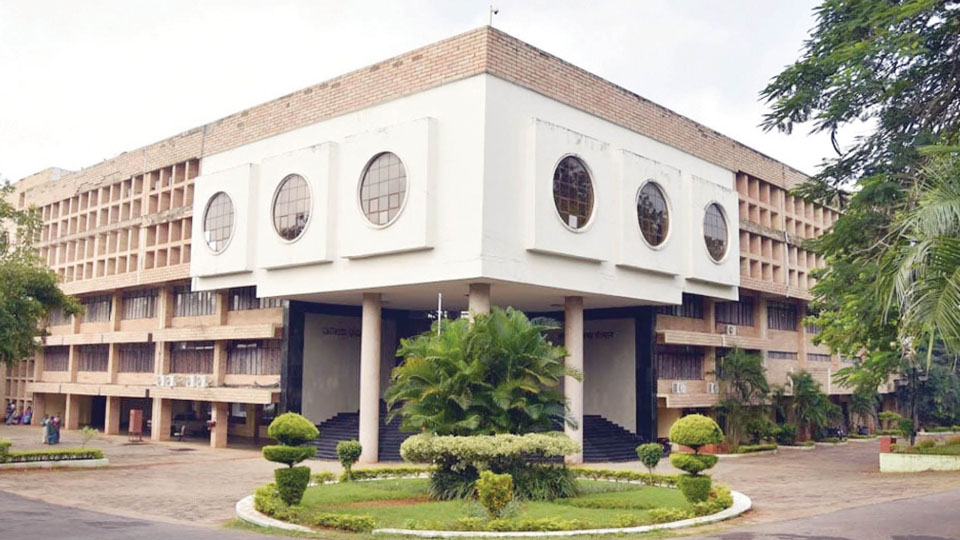
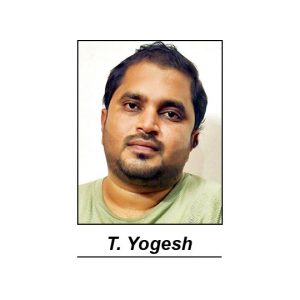
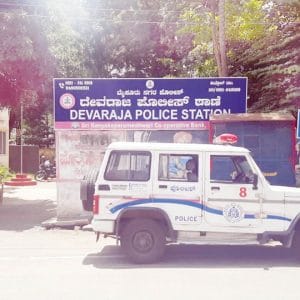
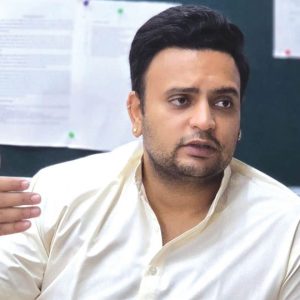
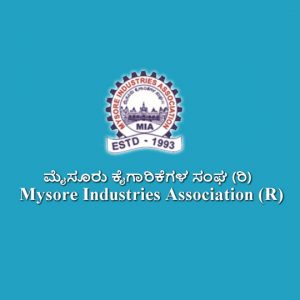
Recent Comments